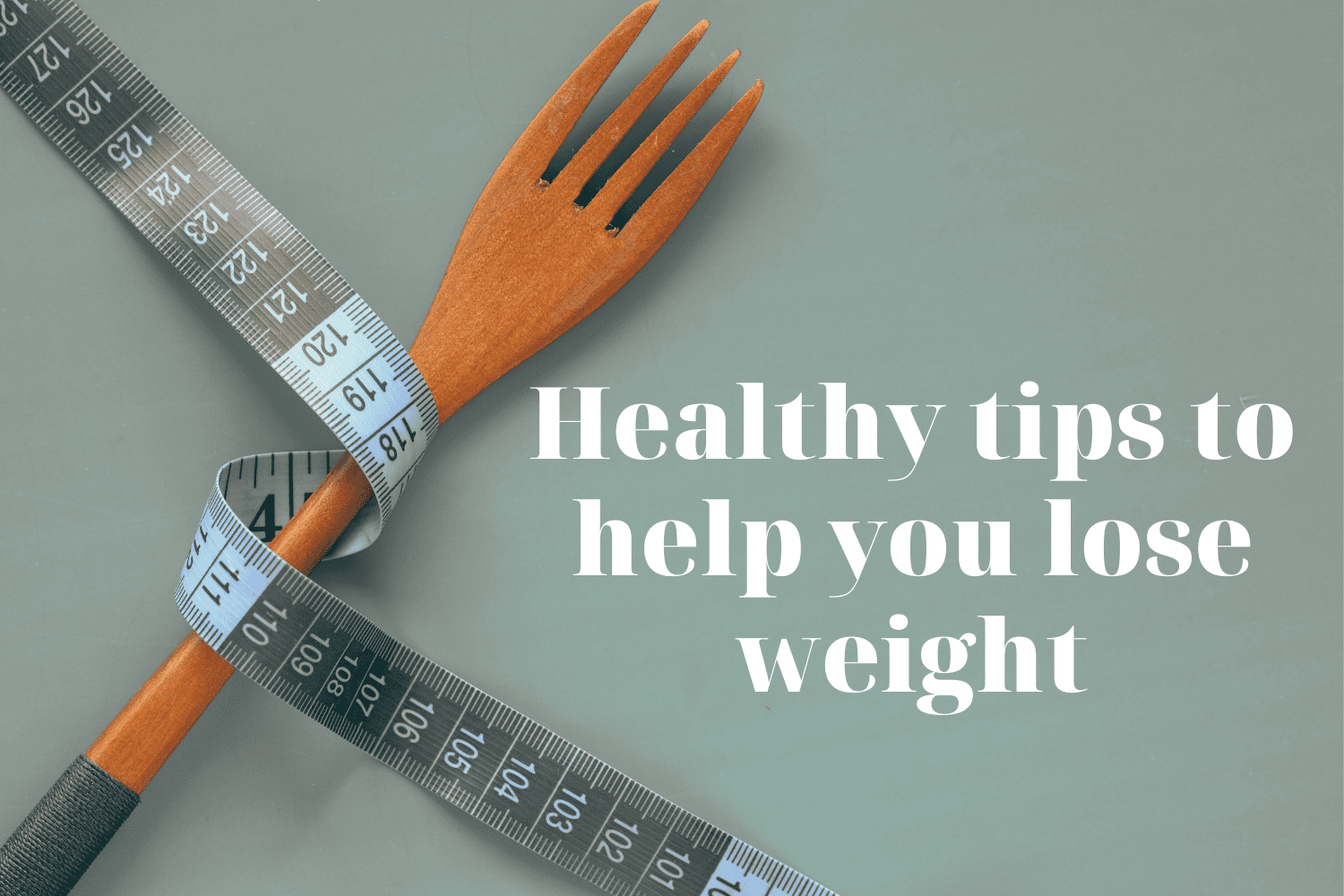Surveys indicate that in a given year nearly half of American adults (49.1%) will try to lose weight. If you are reading this article, you are likely one of them. At Hillside, we are here to help you succeed in your quest. Whether you are looking to lose weight through a medical weight loss program or give it a try on your own, here are 5 Weight Loss Tips 2024 to begin and sustain your weight loss journey.
- Understand That The Process Takes Time: Losing weight in a healthy and natural way takes time, dedication, and consistency. Experts report that healthy weight loss for adults, though different for every individual, usually translates to losing between 1 and 2 pounds per week. Any more and you may encounter serious health problems, loose skin, and added psychological difficulties. So if you want to start on your journey to a healthier future, the first step is being able to commit to the process.
- Find Motivation: If you are going to commit yourself to losing fat, finding motivation is a great way to help you stay devoted during the process. Down the road, when you are in the middle of your weight loss journey, it will be important that you can decisively answer the simple questions. Why am I doing this? Who or what am I doing this for? What is my ultimate goal? If you can find meaningful answers to questions like these, you will be able to keep yourself committed to the process when things are difficult. We recommend writing these reasons down, you’ll thank yourself later.
- Exercise: Physical exercise can help improve your mood, cardiovascular health, and everyday functionality. Healthy exercise is great for the body, and when it comes to weight loss it will also make it easier for you to burn more calories than you consume. There are many different types of exercise, so find one that is healthy and you enjoy, and work it into your daily or weekly routine.
- Rewire your brain for healthier foods: A fundamental rule of weight loss is simply that calories in must be less than calories out. Even though exercise will help you burn more calories and accelerate your weight loss journey, you can’t outwork a bad diet. Eating healthier is critical to losing weight, so make it something you enjoy, not dread. Find nutritious foods that satisfy your palette, but also understand that during this process you are eating to achieve a goal more than you are for culinary satisfaction. Steer clear of junk foods, and find the right recipes that include fruits, vegetables, grains, and healthy fats. A great resource for diet novices to learn more about what they should eat for a healthy lifestyle is The Harvard Eating Plate.
- Track your progress: Finally, we recommend that you track your progress during your voyage to a healthier, happier life. This can be done in a variety of ways, including journaling, daily photos/videos, or even starting a social media account where friends and family can follow along and encourage you. Be sure to share your progress with those you trust, and be honest in your self-assessment. Accountability will allow you to improve and it will help you deduce what may need to change for you to reach your goals. Furthermore, tracking your progress will also give you the ability to look back and see how far you have come since you began.
Through these fundamental Weight Loss Tips 2024, you can get started on your weight loss journey today. Be sure to thoroughly research each of the steps with care, consult a physician, and make decisions that fit your lifestyle.
Oftentimes creating a robust plan that fits your lifestyle can be difficult, lonely, and overwhelming, especially with the remarkable saturation of conflicting information about weight loss online. If you wish to create an effective plan to lose weight and you want to get started soon, the best course of action is to consult a physician qualified on the subject, such as the team at Hillside Primary Care in San Antonio, Texas. Whether you are looking for weight loss help near Live Oak, Stone Oak, Southside, San Antonio, Schertz, or New Braunfels, Hillside Primary Care can help you reach your weight loss goals.
Our team will assist you in navigating each of these five steps, while also giving you access to valuable and reliable resources such as nutrition counseling, medication management, and behavioral therapy, so you can get rid of those pounds for good. To find out more you can visit our page here.

